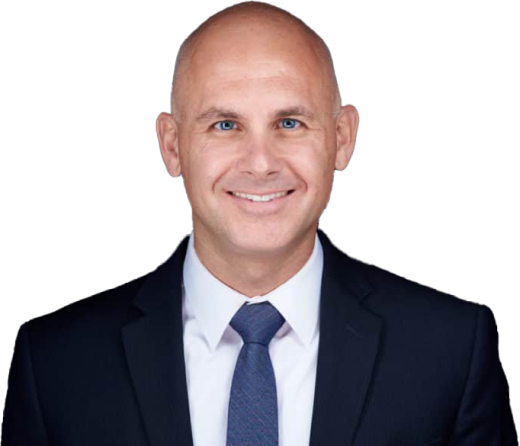
On June 2, 2015, Governor Brian Sandoval signed Senate Bill 302 into law. Senate Bill 302 was a bill designed to establish an educational savings account (“ESA”) for parents of public-school students who want an alternative to public schooling. Under the new law, parents of public-school students will be able to withdraw their kids from public school, and the Nevada Treasurer’s office will deposit 90% of Nevada’s per-pupil funding (the statewide average cost to the state per student for public schooling) into an ESA account. At current figures, each student would be eligible to receive approximately $5,100.[1. Students with special needs or from low-income families qualify for 100% of the per-pupil funding, or about $5,700.]
The final version of this bill is lengthy and not particularly easy to understand. As a result, it has caused a great deal of confusion among the homeschooling community. There are several reputable news sources, many of them national, that have reported that this “voucher bill” applies to homeschooled students:
All parents of public school students will be allowed to use state funding earmarked for their child toward tuition or other expenses related to a nonpublic education.
That includes religious private schools and even home schooling.
Arianna Prothero, “School Vouchers for All? Nevada Law Breaks New Ground,” blogs.edweek.org, June 4, 2015.
The new bill allows any parent whose child has been in public education for at least 100 days to take an education savings account worth $5,100 (or $5,700 for low-income kids and those with disabilities) and spend it as they please – on private schools, home-schooling, tutors, textbooks, online courses, computers, transportation, almost anything related to education.
David Osborne, “The Wrong School Choice,” U.S. News and World Report,July 6, 2015.
The choice: Parents can either keep their children in public school or pull them out and the state will hand them about $5,000 per child to attend the private school of their choosing — including religious institutions — and pay for tutoring.
They could even opt for homeschooling.
Trevon Milliard, “Nevada Parents to Get Unprecedented School Choice,” Reno Gazette Journal, June 1, 2015.
The language of the statute appears to except homeschoolers from eligibility, however:
A parent may not establish an education savings account for a child who will be homeschooled, who will receive instruction outside this State or who will remain enrolled full-time in a public school, regardless of whether such a child receives instruction from a participating entity. (Emphasis added.)
So can homeschoolers benefit from this account or not? It depends.
The statute deliberately applies only to public-school students, which are defined as those students who in the previous school year were enrolled in a Nevada qualifying school for at least 100 days. Those who are already enrolled in a private school or who are currently homeschooling (those who have filed a Notice of Intent to Homeschool) do not qualify.

There are a number of reasons for the 100-day qualification period. First, the legislature was worried that if everyone who was already in private school or being homeschooled sought the grant, it would financially cripple the school district. Moreover, they figured that the purpose of the bill was to allow those who truly felt stuck in public school to opt out and have the wherewithal to take their kids out of one of the worst public school systems in the nation. The legislature figured that those who were already in public school or homeschooling weren’t truly “stuck.” Plus, Arizona has a similar 100-day period, and that seems to be working fine for them.
But that’s not to say that homeschoolers cannot benefit directly from this law. Those who are interested in homeschooling but have not started yet can qualify. They would need to comply with all of the following:
- Their child must have been enrolled in a qualified public school (including charter schools) for at least 100 days in the most recent school year;
- They must enter into a written agreement with the State Treasurer, which will establish your child as an ESA Grant “Opt-in Child”; and
- The parent must qualify as a “participating entity,” which requires that the parent agree to have the child take state-required proficiency exams in math and English, which results will be sent to the Nevada Department of Education.
If you follow these steps, you can qualify for the grant and then teach your child at home. Under the statute, your child would not be considered “homeschooled,” but an “Opt-in child,” subject to more government oversight than homeschooled children who don’t accept the grant.
If you are already in a private school or are currently homeschooling, you can enroll your child in a qualifying school for at least 100 uninterrupted days, and then go through the steps above to qualify your children as “Opt-in” students. Then you can homeschool again, though under the statute, your children would not longer be considered “homeschooled children,” but “Opt-in Children.”
If you do qualify for the grant, there are strict limitations on how you must use the funds, the account is frozen during non-school months, the Nevada Treasurer can take up to a 3% administrative fee, and the account is subject to audit.
For more information, read this excellent article put together by the Friedman Foundation for Educational Choice.



